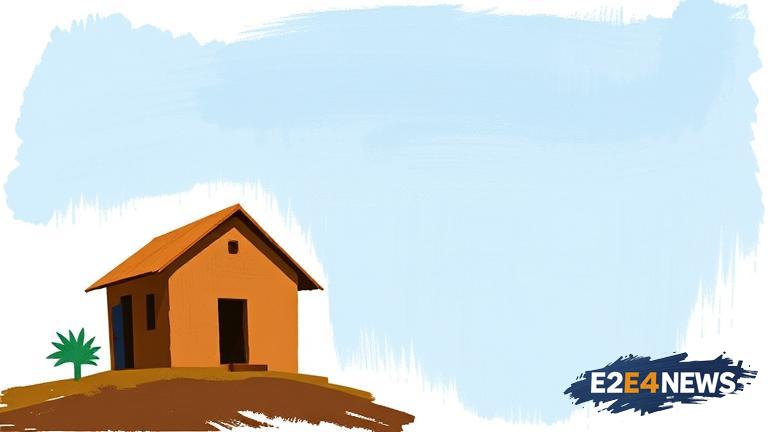The African health sector has been facing numerous challenges, including inadequate funding, poor infrastructure, and a shortage of skilled healthcare professionals. In a recent address, Minister Motsoaledi stressed the importance of self-reliance financing models in strengthening African health systems. He emphasized that African countries must take ownership of their health systems and develop innovative financing models to reduce dependence on foreign aid. This approach would enable African countries to allocate resources effectively, prioritize healthcare needs, and make informed decisions about their health systems. Minister Motsoaledi also highlighted the need for African countries to increase domestic funding for healthcare, exploring alternative revenue streams such as private sector partnerships and social health insurance schemes. Furthermore, he emphasized the importance of investing in healthcare infrastructure, including the construction of new hospitals, clinics, and medical research facilities. The development of self-reliance financing models would also facilitate the recruitment and retention of skilled healthcare professionals, reducing brain drain and improving the overall quality of healthcare services. Additionally, Minister Motsoaledi encouraged African countries to leverage technology and innovation to improve healthcare delivery, including the adoption of telemedicine, electronic health records, and mobile health applications. The use of technology would enable healthcare providers to reach remote and underserved communities, improving access to healthcare services and reducing health disparities. Moreover, self-reliance financing models would enable African countries to respond effectively to public health emergencies, such as outbreaks and pandemics, by mobilizing resources quickly and efficiently. The African Union’s Agenda 2063 and the United Nations’ Sustainable Development Goals (SDGs) also emphasize the importance of strengthening health systems and achieving universal health coverage. Minister Motsoaledi’s call for self-reliance financing models is therefore timely and aligns with regional and global efforts to improve healthcare outcomes. To achieve this goal, African countries must work together, sharing best practices and expertise, and collaborating with international partners to access technical assistance and funding. The private sector also has a critical role to play in supporting the development of self-reliance financing models, through investments in healthcare infrastructure, technology, and human resources. Civil society organizations and community groups can also contribute to the development of self-reliance financing models, by advocating for healthcare reform, promoting health awareness, and supporting healthcare service delivery. Ultimately, the adoption of self-reliance financing models would have a positive impact on the health and wellbeing of African populations, reducing mortality rates, improving health outcomes, and contributing to economic growth and development. As African countries move forward with the development of self-reliance financing models, they must prioritize transparency, accountability, and good governance, ensuring that resources are allocated efficiently and effectively. The success of self-reliance financing models will depend on the ability of African countries to build strong, resilient, and sustainable health systems, capable of responding to the evolving healthcare needs of their populations. In conclusion, Minister Motsoaledi’s call for self-reliance financing models is a critical step towards strengthening African health systems, and African countries must work together to develop innovative financing models that reduce dependence on foreign aid and promote sustainable healthcare development.



